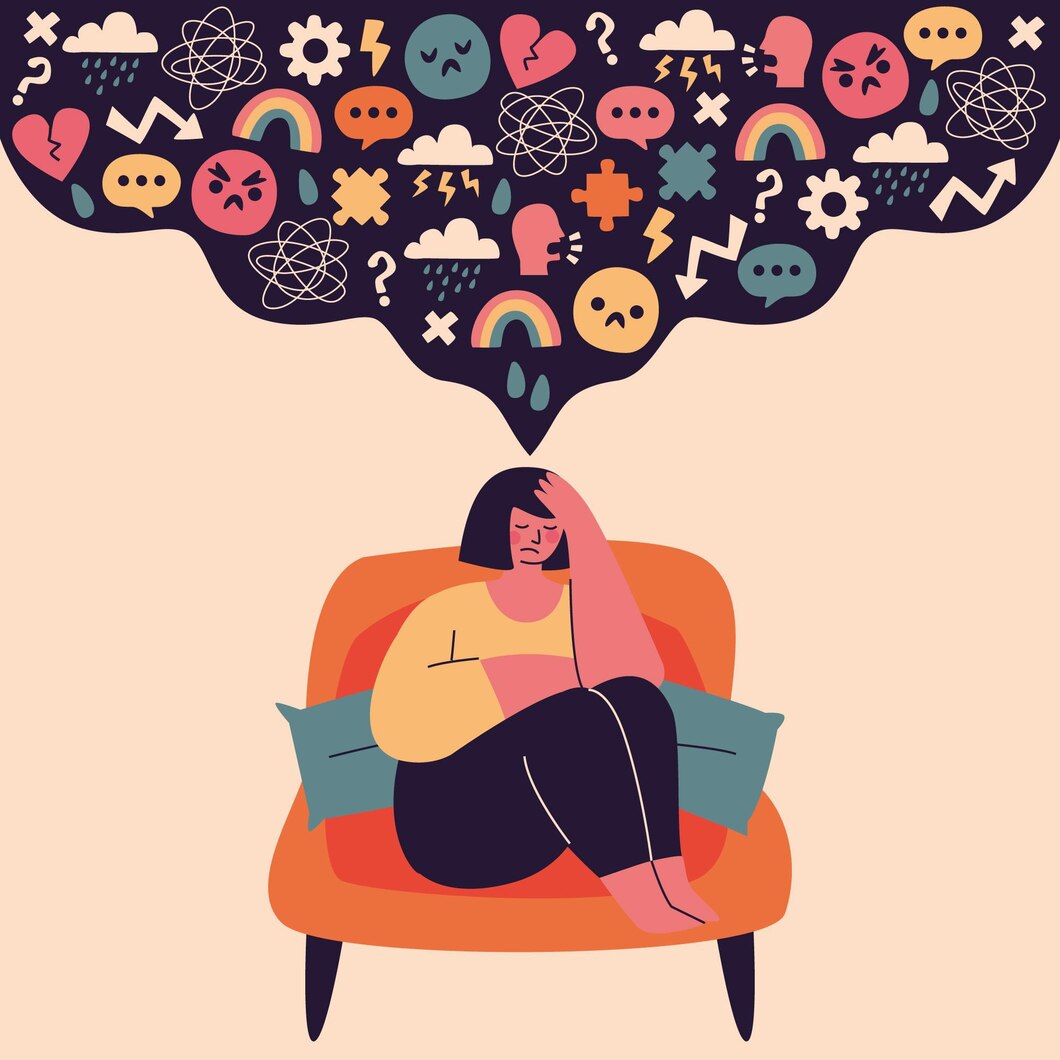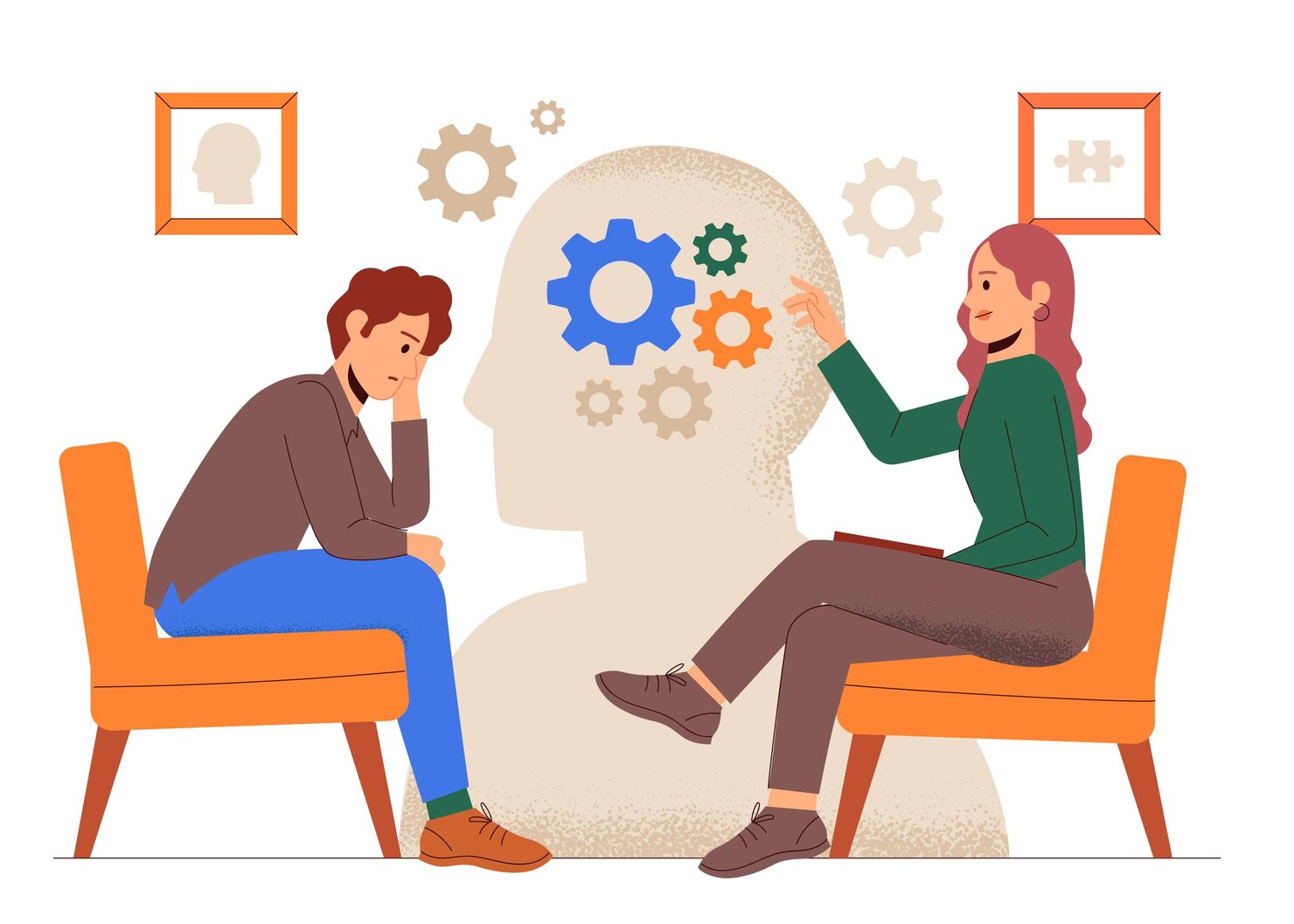Introduction
Despite growing awareness, mental health stigma remains a major barrier preventing people from seeking help. Many fear being judged, misunderstood, or seen as weak. As a result, countless individuals struggle in silence, hesitant to talk about their emotions or seek professional support.
Breaking the stigma means normalizing mental health conversations, educating communities, and creating a world where people feel safe and supported in prioritizing their well-being. This article explores why stigma exists, its impact, and how we can work together to change the narrative.
1️⃣ Why Does Mental Health Stigma Exist?
Mental health stigma is deeply rooted in misconceptions, cultural beliefs, and lack of awareness. Some common reasons include:
🔹 Lack of Understanding – Many people don’t recognize mental health as a real, medical issue like physical illnesses.
🔹 Cultural & Societal Norms – Some cultures view mental health struggles as a sign of weakness rather than a health concern.
🔹 Fear of Judgment – Individuals worry about being labeled as “crazy” or “unstable,” leading to shame and secrecy.
🔹 Media Portrayal – Movies and news often misrepresent mental illness, reinforcing stereotypes and fear.
These misconceptions create barriers to acceptance and support, making it harder for people to get the help they need.
2️⃣ The Impact of Mental Health Stigma
Stigma doesn’t just affect how society views mental health—it has serious consequences on individuals and communities.
💔 Prevents People from Seeking Help – Many avoid therapy or medication due to fear of being judged.
😞 Increases Feelings of Isolation – Those struggling may withdraw from friends, family, or work.
⚠️ Leads to Worsening Conditions – Untreated mental health issues can escalate into severe anxiety, depression, or even suicidal thoughts.
❌ Affects Employment & Opportunities – Some people hide their struggles at work, fearing discrimination or job loss.
By addressing stigma, we can remove these barriers and ensure that mental health is treated with the same importance as physical health.
3️⃣ How We Can Break the Stigma
Breaking mental health stigma starts with awareness, education, and open conversations. Here’s what you can do:
💬 Talk About It Openly
✔️ Share personal experiences to show that mental health struggles are normal and valid.
✔️ Encourage friends and family to discuss emotions without fear of judgment.
📚 Educate Yourself & Others
✔️ Learn about common mental health conditions like anxiety, depression, and PTSD.
✔️ Correct misinformation and challenge harmful stereotypes in conversations.
❤️ Show Compassion & Support
✔️ Listen without judgment when someone shares their struggles.
✔️ Offer reassurance and encourage professional help if needed.
🏛 Advocate for Better Mental Health Policies
✔️ Support workplace mental health programs and initiatives.
✔️ Push for better mental health education in schools and communities.
Every action—big or small—helps normalize mental health conversations and create a culture of acceptance.
4️⃣ Encouraging Help-Seeking Without Shame
Seeking help for mental health should be as normal as visiting a doctor for a physical illness. Here’s how we can change the perception:
✔️ Use Positive Language – Avoid phrases like “mental breakdown” or “crazy”, and instead use compassionate, understanding terms.
✔️ Highlight Success Stories – Many public figures and everyday individuals manage mental health challenges successfully—sharing these stories reduces fear.
✔️ Normalize Therapy & Support Groups – Seeing a therapist should be viewed as self-care, not weakness.
By making mental health care accessible, judgment-free, and encouraged, we create a world where people feel safe seeking the help they deserve.
Conclusion
Breaking the stigma around mental health is a shared responsibility. By educating ourselves, supporting others, and speaking openly, we can create an environment where mental health is treated with the same respect and importance as physical health.
💡 It’s time to change the conversation. Let’s make mental health support a right, not a privilege!
🚀 Join the movement—speak up, support others, and help break the stigma today!



